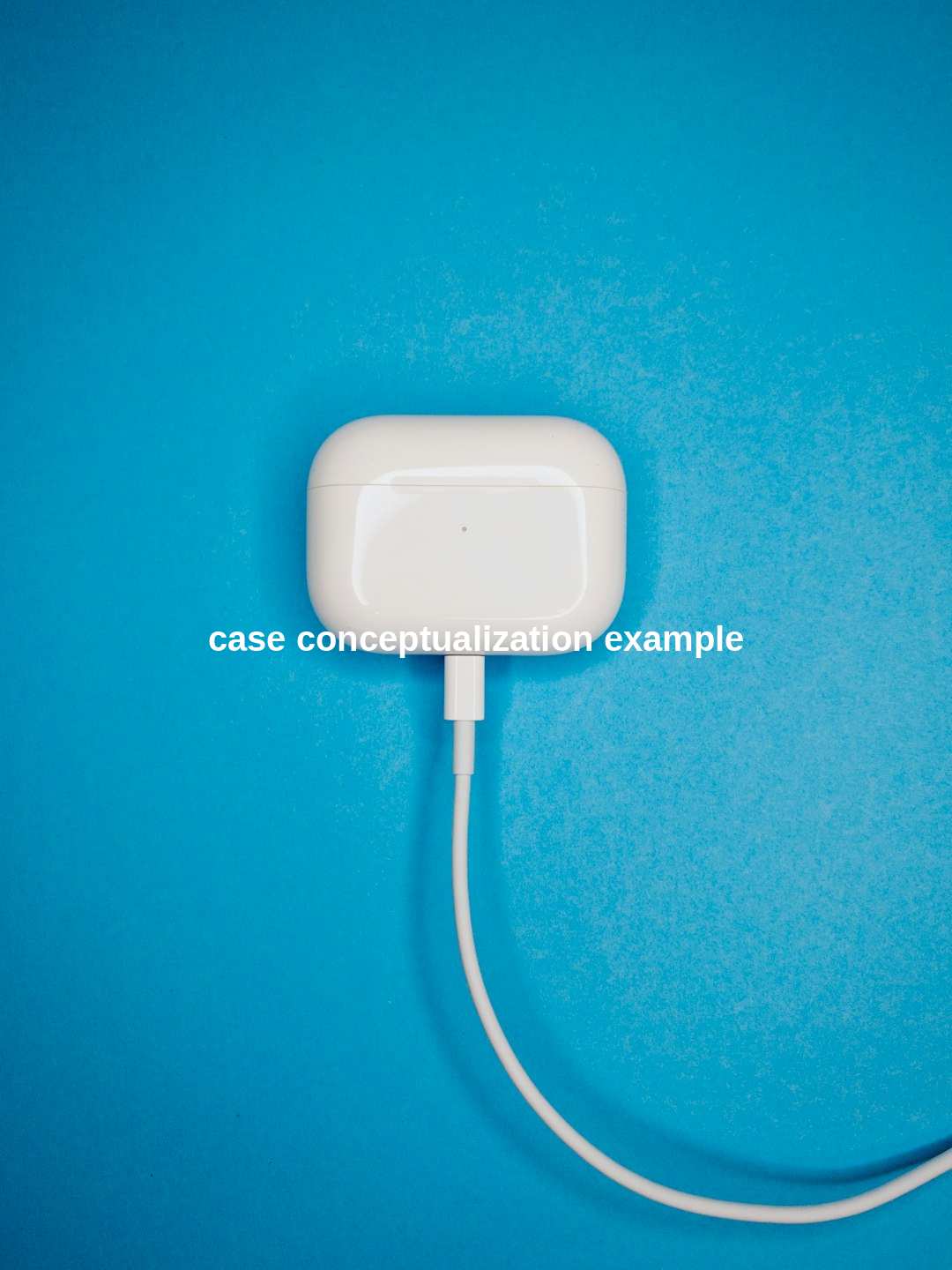Embarking on a journey to foster growth and empower communities, many individuals immerse themselves in the dynamic and challenging realm of development work. Ethiopia, with its rich tapestry of cultures and landscapes, presents a vivid tableau for such endeavors. In this intricate environment, development work experience can be transformed into an enriching narrative of change, learning, and adaptation. The country’s socio-economic fabric provides a profound case study for discussing development strategies and the skill sets they nurture. An development work experience example in Ethiopia offers invaluable insights into the pragmatics of implementing sustainable change within a distinct African context. Let us delve into the nuances and extract the core lessons that can embolden development professionals in their future paths.
| Aspect | Detail | Impact | Lessons Learned |
|---|---|---|---|
| Project Diversity | Agricultural, educational, health initiatives | Multi-sectoral development | Importance of holistic approaches |
| Local Engagement | Community-based participation | Empowerment and ownership | Value of grassroots mobilization |
| Challenges | Logistical, cultural, resource constraints | Adaptability and resilience | Flexibility in problem-solving |
| Sustainability | Long-term impact and self-sufficiency | Continuity of development benefits | Need for sustainable planning |
Navigating Access Issues: Understanding Web Blockades in Research
Encountering and Overcoming Digital Barriers
One of the recurrent challenges that can emerge in the field of development, particularly in the context of Ethiopian experience, is the issue of restricted access to information online. Whether due to state-imposed firewalls, localized internet outages, or limited digital infrastructure, these blockades can significantly hamper the flow of information crucial for comprehensive research that underpins effective development strategies.
Researchers and practitioners often find themselves having to navigate these barriers creatively, seeking alternative means of data collection and knowledge exchange. The circumstances necessitate a level of digital literacy and flexibility not traditionally associated with development work, but increasingly indispensable in the modern age. These constraints not only test the resolve and ingenuity of development workers but also highlight the criticality of fostering open and accessible information channels to sustain development gains.
Moreover, understanding the reasons behind web blockades, whether political, social, or technical, is essential for development agents to anticipate and mitigate the impact of such challenges. It becomes a dance of strategy and foresight, wherein one’s ability to harness the power of communication technologies, and resolve issues of digital access, can significantly influence the trajectory of a development project and its ultimate success.
The Multifaceted Landscape of Development in Ethiopia

Convergence of Tradition and Modernity in Development
In Ethiopia, development work experience is shaped by a unique interplay of history, culture, and progressive goals. The country’s push toward growth is rooted in addressing diverse socioeconomic challenges while honoring its ancient traditions and social fabric.
Ethiopia’s development narrative is profoundly shaped by its commitment to balance modernization with cultural preservation, serving as a model for respecting heritage while fostering economic and social advancements.
Here, development professionals are tasked with the sensitive role of integrating new technologies and methodologies in sectors like agriculture, health, and education, without disrupting the cultural ecosystem. This balance demands a nuanced understanding of local contexts, as well as a keen appreciation for the benefits of collaborative approaches that marry conventional wisdom with innovation.
Essential Skills Cultivated Through Development Projects
Building a Versatile Skill Set for Lasting Impact
Development work in Ethiopia serves not only to benefit local communities but also as a crucible for cultivating a versatile array of skills in the professionals involved. Skills such as project management, cross-cultural communication, and adaptability are honed through the unique challenges faced in the field.
Development work in Ethiopia is a profound incubator for skills ranging from leadership and innovation to resilience and cultural competency, all vital for the personal and professional growth of development practitioners.
Engaging in Ethiopian development projects equips workers with the resilience to navigate complex challenges and the prowess to devise contextually relevant solutions, which are indispensable in realizing long-standing developmental goals. Moreover, such exposure fosters a sense of global citizenship—valuable for those looking to make an influential mark in the international development arena.
Sustainable Development Strategies in Action: Case Studies from Ethiopia
Real-World Applications of Sustainable Initiatives
Ethiopia’s development landscape is rife with case studies that exemplify the application of sustainable development strategies. These cases range from community-owned agricultural transformations to the promotion of off-grid renewable energy solutions.
The strategic implementation of sustainable practices in Ethiopian development work showcases not merely the theory but the tangible results of long-term planning and community-based approaches to alleviating poverty and elevating quality of life.
By examining specific instances where sustainable methodologies have been employed in Ethiopia, one can discern the essential components of successful strategies—such as stakeholder engagement, local resource utilization, and the strengthening of local institutions. These components ensure that development gains are not transient but instead instill enduring benefits for future generations.
Conclusion: Integrating Ethiopian Development Experience into Wider Career Pathways
In synthesizing the experiences of development work in Ethiopia, it becomes apparent that such engagements extend beyond the immediate landscape of shaping a nation’s growth. The skills, strategies, and understandings gleaned from working within the multifaceted context of Ethiopia are readily transferrable and highly coveted in broader global development and policy-making arenas. Central to these learnings is the realization that development work experience in Ethiopia is a textured tapestry of challenges and triumphs, equipping professionals with a robust toolkit for catalyzing change across varying environments.
Here is a list summarizing the key takeaways from the discussion about development work experience in Ethiopia:
- Development work in Ethiopia requires a combination of respect for local traditions and the application of innovative practices, reinforcing the value of cultural sensitivity and adaptability.
- Professionals acquire a broad range of skills, such as project management, stakeholder engagement, and problem-solving, making them well-equipped for diverse career opportunities.
- Understanding and overcoming access issues, especially in terms of digital information, form a vital aspect of navigating the modern dimensions of development work.
- Case studies from Ethiopia illustrate the effectiveness of sustainable development initiatives, revealing significant lessons in community involvement and long-term impact.
- The Ethiopian development experience emphasizes the importance of holistic and sustainable approaches to development that serve as blueprints for other countries facing similar challenges.
- Knowledge and experiences gained in Ethiopia can enhance career prospects by demonstrating a practitioner’s ability to operate effectively in complex and dynamic environments.
In conclusion, Ethiopia’s development context provides a rich base from which to draw invaluable experiences. These experiences not only contribute to the tangible progress within the country but also mold development professionals into versatile and impactful agents of change, ready to make significant contributions on a global scale.


